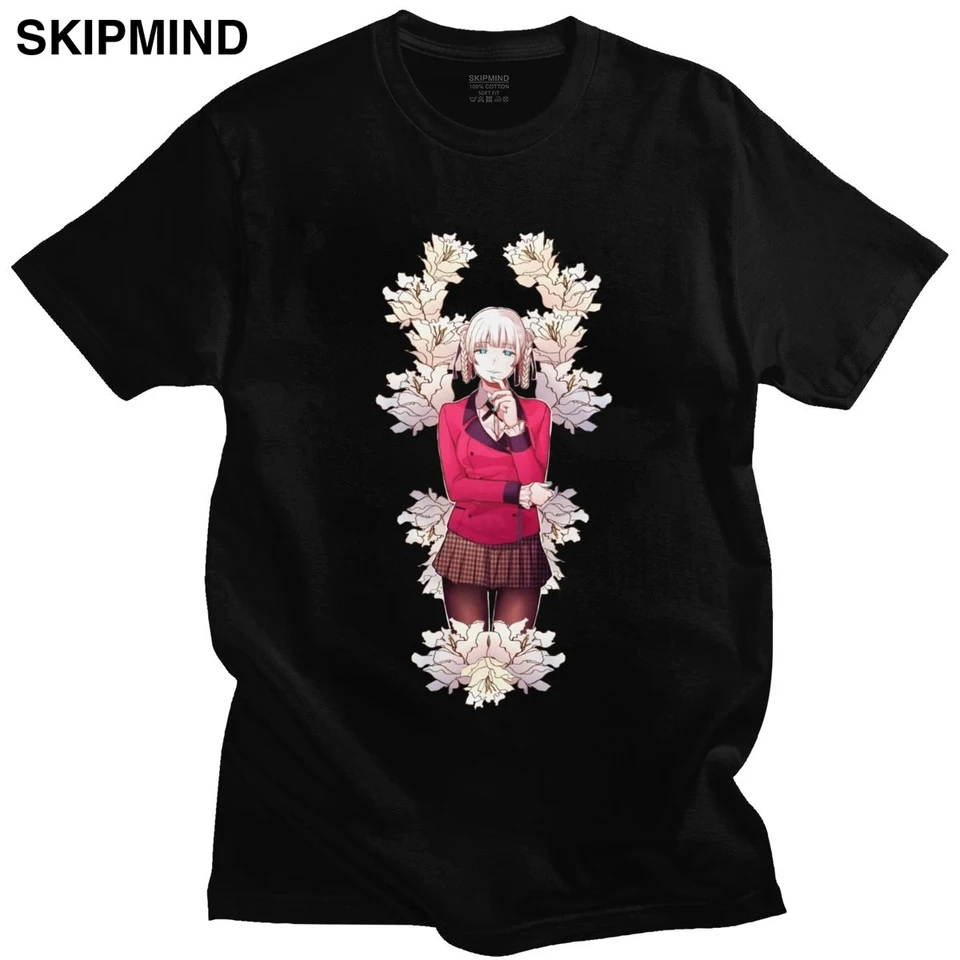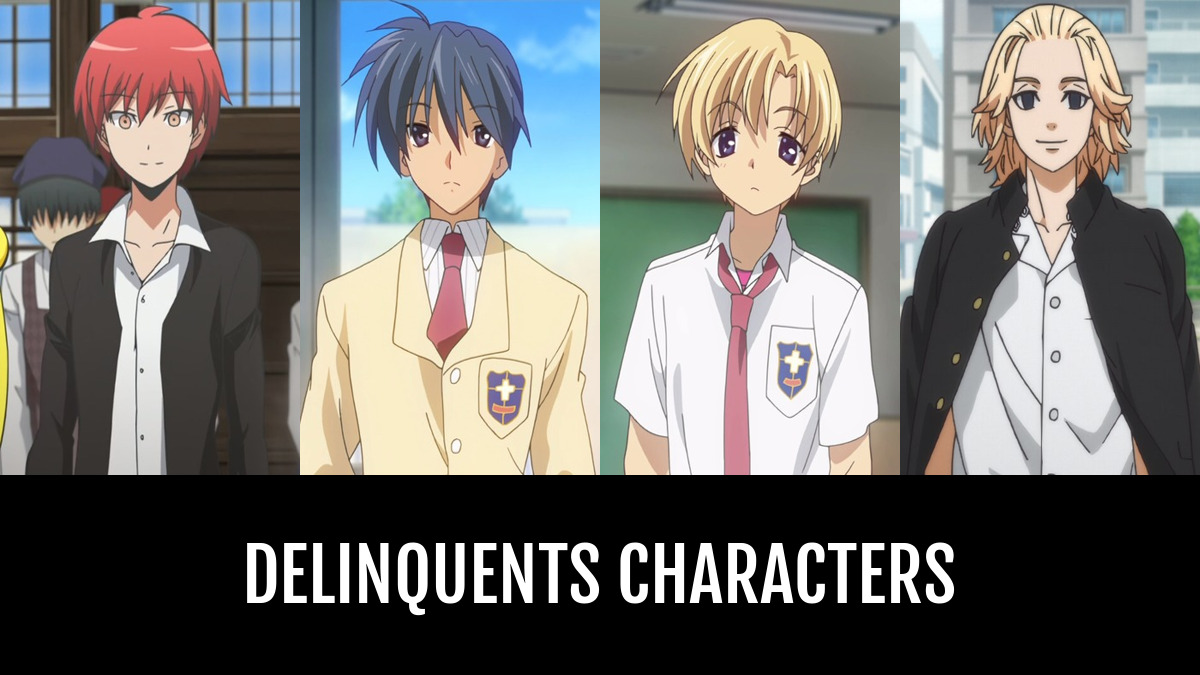Japanese Manga Gambling
Gambling is deeply-routed into Japanese culture and it has persisted in all walks of life in the country. From comic strips to anime, to the whimsical pachinko machines, which surprisingly are not even thought of as gambling. Today, though, we will focus on how gambling has affected manga culture in Japan.
Kaiji is undoubtly one of the best gabling manga around. However you will have to watch partly on anime or read it in japanese, because the first part 'tobaku mokushiroku kaiji' manga was not fully translated since the anime was already subbed in english and its basically the same.
In case you didn’t know, manga literally means “whimsical pictures,” which is an apt description of these eastern comics. There are about 2 billion manga comic books sold in Japan every year and they actually occupy 40% of the literary market.
- Complete list of gambling manga. You win some, you lose some. Gambling is a strong focus in these manga, from casino adventures to backroom games. Characters often gamble day in and day out for a variety of stakes: money, fame, or in the case of High Stakes Games, even more sinister consequences.
- The isle of Neon, located near Japan, is the only place where prostitution and gambling are legal. There, Italian Mafia, Chinese Triad and Yakuza fight each other t. 2008 - 7.08 / 10.0 Box - Kurai Hako.
Gambling Animes

Manga has actually permeated other markets, too, with North American and Europe definitely showing a strong love for the comic strips. Let’s discuss those that focus on gambling now. Incidentally, they are some of the best manga comic books you will find out there!
1. Kaiji
Kaiji is one of the most iconic manga comics that focus on gambling, not as some sort of a hush-hush underline theme but as the focus of the entire series. The manga series was written and illustrated by Nobuyuki Fukumoto and published by Kodansha in Weekly Young Magazine since February 1996.
There are six chapters with each containing a varying number of volumes. The latest chapter, Tobaku Datenroku Kaiji: 24 Oku Dasshutsu-hen arrived in 2017 and is still published with eight volumes already out there.
Meanwhile, the plot focuses on young Kaiji Itō in 1996. Japan is in recession and a young idealistic Kaiji wants to find a job. Destitute and failing to find employment, Kaiji gives in to gloom and is foolishly led to sign off on the debt of a former co-worker.
As the days go by, a debt collector, one Yūji Endō, and invites young Kaiji to a game on a gambling ship, offering him a chance to settle his debt or work the next ten years of repaying the debt. Kaiji proves a dab hand at mahjong and he brings the house down.
The entire series follow Kaiji on his many adventures involving gambling and bringing himself out of poverty.
Yet, as has always been the case, the house always wins and luck doesn’t always smile on Kaiji. The manga series is so good that it was adapted for television as Kaiji: Ultimate Survivor in October 2007 and was featured on GamblingNews’ blog as one of the best gambling animes of all times.
2. Akagi
Akagi: Yami ni Oritatta Tensai or the Genius Who Descended into Darkness tells the story of young Shigeru Akagi, a young man with overwhelming talent for mahjong who faces off with Yakuza members and defeats impersonators who have dared to use his name.
If the art style and narrative reminds you of Kaiji this is because the manga was created by Nobuyuki Fukumoto, the same artist. The manga debuted in Japan in 1991 and has been able to sell over 12 million copies.
Later in 1995 and 1997, the manga inspired two V-Cinema live-action films and a 26-episode anime television series covering around 13 volumes of the manga to be broadcast by Nippon Television between October 2005 and March 2006.

The plot and the names can get a little confusing, but there is always Akagi who comes back to help indebted co-workers and put his immense talent to good use. He will ultimately face Iwao Washizu, the undisputed mahjong champion who uses special glass pieces for his games and even bets his own blood.
3. The Legend of the Gambler: Tetsuya
The Legend of the Gambler: Tetsuya tells the story of post-World War II Japan when poverty washes over the country and gambling is one of the reputable trades to help lift one’s self out of destitute.
In this manga series, writer Fūmei Sai and artist Yasushi Hoshino team up to deliver another manga gambling specialty. Hoshino already had several successful similarly-themed manga series, including Akagi and Kaiji.
As all great manga stories, The Legend of the Gambler: Tetsuya was adapted for anime television series and broadcast on TV Asahi on October7, 2000 through March 24, 2001 for a total of 20 episodes.
In the manga, young Tetsuya is forced to spend his time at parlors that host mahjong gambling matches, a game reminiscent of real money poker in both skill and risk. He eventually meets Boushu-san who will help him learn the game and overcome poverty.
4. Kakegurui: Compulsive Gambler

The art of gambling is so deeply rooted in Japanese culture that families in the country have decided to send their children away to boarding schools where they can learn how to use complicated gambling systems to win at various games, including mahjong. At least, this is the premise of Kakegurui: Compulsive Gambler illustrated by Tōru Naomura and written by Homura Kawamoto. The manga was so well-received that the anime has been on Netflix since 2017.
The fictional school of Hyakkaou Private Academy is tasked with teaching pupils how to master the art of gambling, and it goes along well until Yumeko Jabami a transfer student comes in and disrupts peace. The academy believes that by indebting students to one another, they are preparing them for life.
Each student has a Life Schedule which determines their prospects in life following graduation. It’s a bizarre show but definitely one worth reading in the original manga series. Jabami is a captivating character who can see through all the subtle scams Hyakkaou Private Academy pupils try on her to make Jabami their “pet” as the gambling system in the school commands.
5. Psychic Gambler: Betting Man
If you want to enjoy a fairly contemporary manga series, we recommend Psychic Gambler: Betting Man. As one of the newer picks on the market, released in 2016, the comic book hasn’t spawn a cult around itself, but it has all the makings of a great manga series and definitely one to check out if the gambling thematic interests you.
The plot revolves around Jin-goo, a young man who has psychic abilities allowing him to see through objects. He naturally gives in to boyish impulses at first, chasing after girls, but later puts his abilities to gamble. However, as he starts throwing down with the best gamblers out there, he soon discovers that they too have some sort of abilities that boil down the entire game to skill and mastery.
https://www.firstcomicsnews.com/most-famous-gambling-centric-japanese-manga-comics/https://www.firstcomicsnews.com/wp-content/uploads/2020/09/manga-logo-600x257.pnghttps://www.firstcomicsnews.com/wp-content/uploads/2020/09/manga-logo-150x64.pngJapanese Anime Gambling
NewsGambling School Manga
 GiovanniAriaGiovanni.Aria@firstcomicsnews.comAuthorGeo, is the Guido of Greatness, the King of Comics and the Toa of Techies. Its not cool until Geo certifies it cool. He likes everything from Archie to WWE and everything in-between, as long as its funny, edgey, or over the top exciting.First Comics News
GiovanniAriaGiovanni.Aria@firstcomicsnews.comAuthorGeo, is the Guido of Greatness, the King of Comics and the Toa of Techies. Its not cool until Geo certifies it cool. He likes everything from Archie to WWE and everything in-between, as long as its funny, edgey, or over the top exciting.First Comics News